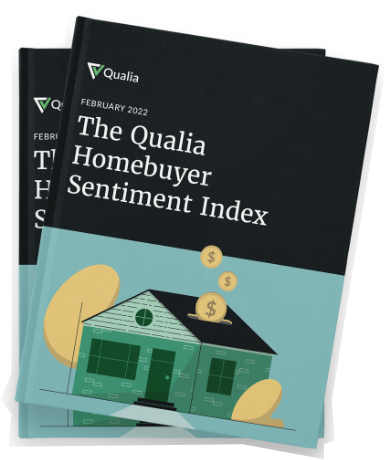As a landlord, one of your responsibilities is to select tenants you believe will treat your property respectfully. However, even with thorough screening, a tenant may amass a great deal of stuff, including but not limited to clothing, knickknacks, rubbish, and even animals, and then fill the rooms to overflow.
Hoarding occurs when a person accumulates so many possessions that they constitute a hazard to themselves and others. You must act lawfully and correctly if you learn that your tenant is a hoarder. People with hoarding disorders are a protected class under the Fair Housing Act since the condition is recognized as a handicap. As a result, landlords can’t kick hoarders out of their buildings.
However, if the renter breaks the contract, the landlord has the right to remove them from the premises. Any tenant who fails to keep their rental unit in satisfactory condition may be susceptible to eviction if the lease terms make this provision evident. But as a homeowner, you must understand a few key points, as spelled out below.
Hoarding Receives Special Protections
Hoarders, who are often referred to as junkmen, are now thought to be suffering from mental illness and are widely viewed as posing significant hazards to the health and safety of not only themselves but also their families, neighbors, and communities. Therefore, the ADA does provide some protection for hoarders.
Worry About the Neighbor’s Problem?
It is essential to emphasize the significance of including specific wording protecting landlords and property managers from problems caused by problematic tenants and situations.
Therefore, include a supplement in their rental agreement in jurisdictions where it is legal. The appendix specifies the requirements that tenants must meet, such as:
- All potential tripping hazards on the floor should be removed, and the area should be kept clean and clear at all times.
- Garbage should be saved from the storage space.
- Everything in the rental apartment should be pest- and vermin-proofed.
- Spoilt food and grease have no place in the kitchen. Cleanliness of home appliances is essential.
- The front and back doorways must be free of obstructions like furniture and appliances.
- Debris, trash, and outdated home furnishings and devices have no place in your front or back yards.
- Living room furniture of any kind has no place on a porch.
- Oil and grease should not be present in the parking area.
- Vehicles that aren’t working correctly need to be taken away. There is to be no auto repair done here.
Subject to Eviction for Any Violation of These Terms
State law requires landlords to maintain habitable housing and renters to keep their units clean and sanitary, dispose of rubbish appropriately, avoid excessive clutter, and not harm the property or improperly utilize the premises.
For this reason, if you receive notice that a tenant’s “stuff” poses a risk to other tenants because it blocks an exit or doorway, disrupts ventilation or sprinkler systems, or attracts pests due to improper food storage, you may consider this to be a breach of the rental agreement and, likely, state law.
Now is the time to get in touch with the renter, explain what you’ve observed, and politely suggest that if the issue isn’t fixed, you may have to file an eviction suit. Ensure you have documented evidence that these issues were brought to the tenant’s notice.
Strategies for Convincing a Court to Punish a Hoarder
Make sure to keep track of everything. Eviction may be necessary if the tenant does not act responsibly and clean up the mess.
Please keep a record of your interactions with the renter and their dates to be prepared if this becomes necessary. Creating a history of the state of the property entails filming and photographing it and making extensive notes about its condition. You’ll need this evidence to win your case.
There must be evidence that the tenant was given a chance to fix the problem. Send the letter via certified mail or have it delivered personally; if the tenant doesn’t respond, have it posted on the door and document the event with photographs. To prove that you gave the tenant every opportunity to cure the breach, you must serve legal papers following the laws of your state.
Understand That the Tenant’s Hoarding Habits Are Not Grounds for Eviction
You need to know the justification for which you are NOT evicting them. Since people with mental illness are a protected class, saying, “You’re not evicting them because they’re a hoarder,” violates Fair Housing regulations.
In addition to being a potential breach of the rental agreement, hoarding behavior is typically considered a nuisance by other tenants if it materially interferes with their use of the property. Things like bug infestations caused by filth and excessive clutter in public locations might make it difficult for emergency medical services to reach patients in need.
Since hoarders are among the most challenging renters, they could be highly different from any tenants you’ve had before, and if you violate their rights, you could face a lawsuit.




